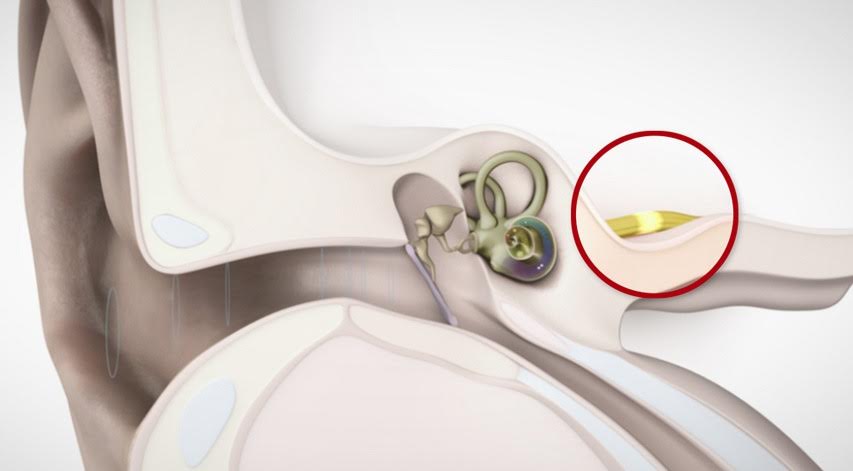Blog
-

“THE BASICS OF HEARING AND HEARING LOSS” (POST 5 of 5) The final installment in our series
 15 Dec , 2015
Today’s post will discuss in detail the last of the four known types of hearing loss.“NEURAL HEARING LOSS“Neural Hearing Loss occurs when the auditory nerve cannot send signals to the brain.A problem that results from the absence of or damage to the auditory nerve can cause a neural hearing loss. Neural hearing loss is usually profound and unfortunately permanent. This abnormality or damage, may affect the initiation of the nerve impulse in the cochlear nerve or the transmission of the nerve impulse along the nerve. Hearing loss that results from abnormalities of the central auditory processing system in the brain is called auditory processing (or central auditory processing) hearing impairment. Since the auditory pathways cross back and forth on both sides of the brain, deafness from an auditory processing cause is rather unusual. Hearing aids and cochlear implants cannot help this type of hearing loss because the nerve is not able to pass on sound information to the brain.Other types of sometimes less final forms of Neural Hearing Loss are known as Retrocochlear perceptive hearing loss. This again is when the auditory nerve itself is affected. The information is processed correctly by the inner ear, but the auditory nerve is then incapable of transmitting the nerve impulses to the brain.
15 Dec , 2015
Today’s post will discuss in detail the last of the four known types of hearing loss.“NEURAL HEARING LOSS“Neural Hearing Loss occurs when the auditory nerve cannot send signals to the brain.A problem that results from the absence of or damage to the auditory nerve can cause a neural hearing loss. Neural hearing loss is usually profound and unfortunately permanent. This abnormality or damage, may affect the initiation of the nerve impulse in the cochlear nerve or the transmission of the nerve impulse along the nerve. Hearing loss that results from abnormalities of the central auditory processing system in the brain is called auditory processing (or central auditory processing) hearing impairment. Since the auditory pathways cross back and forth on both sides of the brain, deafness from an auditory processing cause is rather unusual. Hearing aids and cochlear implants cannot help this type of hearing loss because the nerve is not able to pass on sound information to the brain.Other types of sometimes less final forms of Neural Hearing Loss are known as Retrocochlear perceptive hearing loss. This again is when the auditory nerve itself is affected. The information is processed correctly by the inner ear, but the auditory nerve is then incapable of transmitting the nerve impulses to the brain.There can be various causes for perceptive hearing loss, such as presbycusis (aging of the inner ear), loud noise, brain trauma or certain illnesses (such as meningitis).
Perceptive hearing loss can be progressive and is generally permanent. A traditional hearing aid is indicated for a number of people who suffer from mild perceptive hearing loss. A cochlear implant is recommended for individuals with severe perceptive hearing loss (type II) who are unable to communicate effectively with a hearing aid.
If the cochlea is severely ossified, or if the auditory nerve is not functioning at all, a cochlear implant will not help. Alternatives to a cochlear implant can then be considered, such as a double electrode-array implant or even implantation into the brainstem in certain cases.
SOURCES:MED-ELWikipediaOticon





























































































































































































































































































































































































































































































































































































